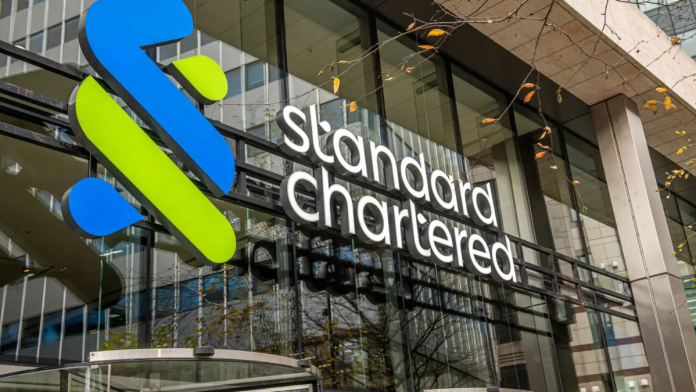Standard Chartered has made a bold move in the global fight against climate change. The international bank has signed an exclusive deal with the Brazilian state of Acre to sell millions of carbon credits over the next five years. These credits are tied to efforts aimed at protecting the Amazon rainforest—one of the world’s most important natural resources.
This agreement marks a rare partnership between a major global bank and a regional government. It could help boost confidence in carbon markets, which have faced growing skepticism in recent times.
Major Deal to Protect the Amazon Rainforest
Under the new agreement, Standard Chartered will be the sole seller of forest carbon credits generated by conservation projects in Acre. These credits come from what are called jurisdictional carbon projects. That means they cover an entire state-level area, making them harder to manipulate or exaggerate in terms of environmental impact.
The deal is set to generate up to 5 million verified carbon credits in the year 2026. That could mean up to $150 million in value—funds that will support environmental protection and community development. Importantly, this is not a forward sale. Standard Chartered has made it clear that there is no commitment to sell the credits in advance. The credits will only be sold after they are officially verified, which adds an extra layer of transparency.
Stolen Billions, Secret Deals, and a Scandal That Won’t Die: 1MDB Hits Standard Chartered
This partnership is being closely watched because it differs from earlier efforts in Brazil that have drawn criticism. For example, a large $180 million carbon offset deal in Brazil’s Para state ran into legal trouble due to concerns about early sales and lack of local community involvement.
A standout feature of this deal is the way it benefits the people who live closest to the forest. The state of Acre has promised that 72% of the net funds raised from the sale of these credits will go to local and indigenous communities. These groups have long played a key role in preserving the rainforest, and now they will share in the profits as well.
To make sure their voices are heard, Acre began a major consultation process in May 2025. This involved direct conversations with local stakeholders, including traditional forest dwellers and indigenous leaders. It shows a clear effort to include these communities, something that past projects in other regions failed to do properly.
Because these are jurisdictional credits, they are also less likely to make inflated claims about how much carbon they save. Instead of focusing on a single small forest project, the Acre program covers a much broader area and is run by the state itself.
📉🇧🇷 Trump’s trade strike backfires — Brazil cuts off dialogue, eyes India in high-stakes pivot
A Signal to the Global Carbon Market
This move comes at a time when the carbon credit market is under intense scrutiny. Carbon credits are supposed to represent a real reduction in emissions—one credit equals one tonne of carbon dioxide not released into the air. But in many past cases, doubts have been raised about whether projects truly made the impact they claimed.
By partnering with a regional government and keeping the process transparent, Standard Chartered is aiming to set a new standard. The bank says it’s focused on offering only high-quality credits that really make a difference in the environment.
Several other Brazilian states are also entering this space. For example, the state of Piauí signed its own agreement in July to protect large forest areas in exchange for investment. But the deal with Acre stands out because of its structure, its scale, and the deep involvement of local communities.
With millions of dollars at stake and global attention on rainforest protection, this project may shape how other carbon deals are made in the future.


